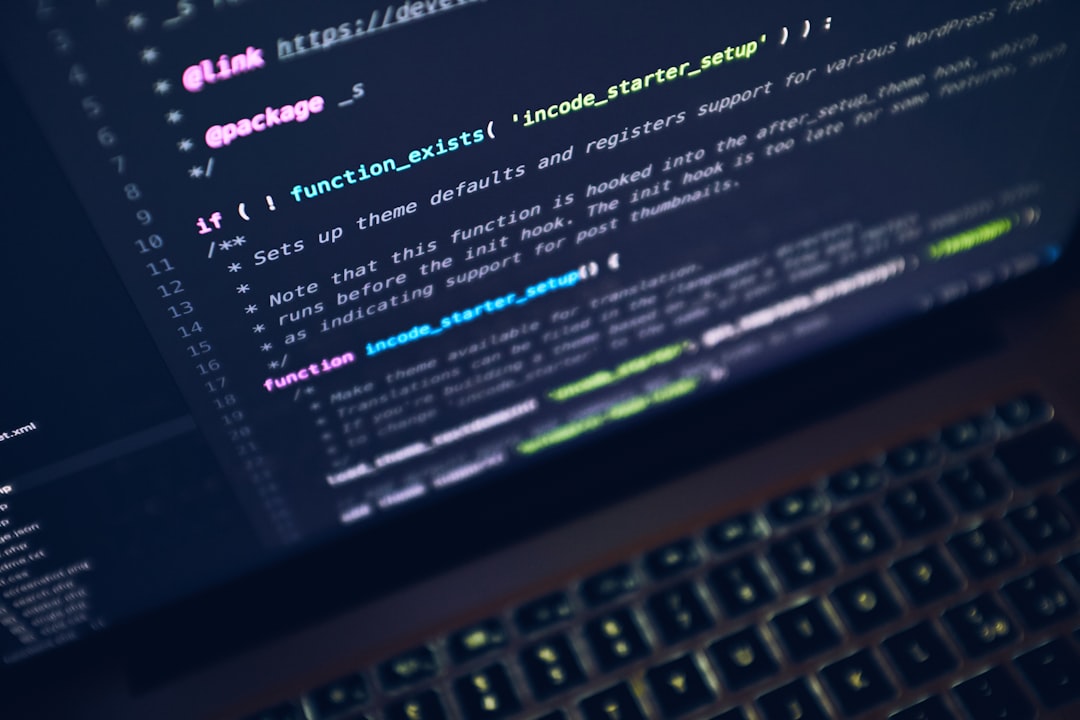
Revolutionizing Industries with Artificial Intelligence-Powered Solutions
Artificial Intelligence (AI) has become a transformative force across various sectors, ushering in a new era of efficiency, innovation, and competitive advantage. As businesses increasingly adopt AI-powered solutions, industries are experiencing significant advancements that streamline operations, enhance customer experiences, and drive growth. This article delves into the revolutionary impact of AI in various industries and explores practical applications, emerging trends, and expert opinions.
The Role of AI in Various Industries
Healthcare
In the healthcare sector, AI is revolutionizing patient care through advanced diagnostics, predictive analytics, and personalized treatment plans. Machine learning algorithms analyze vast amounts of medical data to identify patterns that can predict disease outbreaks or provide early diagnosis. For example, IBM Watson Health uses AI to assist clinicians in diagnosing diseases by analyzing patient data and medical literature. This not only speeds up the diagnostic process but also improves accuracy.
Finance
The finance industry is leveraging AI for fraud detection, risk assessment, and algorithmic trading. AI-powered solutions can analyze transaction patterns in real-time, significantly reducing the chances of fraud. According to a report by McKinsey, AI-driven risk assessment tools are outperforming traditional methods, enabling financial institutions to better manage risk and make informed investment decisions. Chatbots powered by AI are also enhancing customer service by providing instant responses to queries, improving user experience.
Retail
Retailers are utilizing AI to personalize shopping experiences, optimize inventory management, and enhance supply chain efficiency. Machine learning algorithms analyze customer data to offer personalized recommendations and targeted marketing campaigns. For instance, Amazon uses AI to analyze shopping behaviors, enabling it to suggest products that customers are likely to purchase. Furthermore, AI-driven inventory management systems help retailers forecast demand accurately, reducing wastage and increasing profitability.
Manufacturing
In the manufacturing sector, AI is optimizing production processes through predictive maintenance and automation. AI-powered predictive analytics can forecast equipment failures, allowing manufacturers to perform maintenance before costly breakdowns occur. Companies like General Electric are implementing AI solutions to analyze machine data, enhancing operational efficiency and minimizing downtime.
Emerging Trends in AI
As AI continues to evolve, several trends are shaping its application across industries:
Enhanced Natural Language Processing (NLP)
NLP is making strides in understanding and generating human language. This advancement is enabling more sophisticated chatbots and virtual assistants that can engage with customers in a more natural and intuitive manner.
AI Ethics and Governance
With the increasing deployment of AI, conversations around ethical AI and governance are gaining traction. Organizations are focusing on developing frameworks to ensure AI systems are transparent, fair, and accountable.
AI and Internet of Things (IoT)
The convergence of AI and IoT is creating smart environments where devices communicate and make decisions autonomously. This integration is particularly beneficial in sectors like healthcare and manufacturing, where real-time data analysis can lead to improved outcomes.
Case Studies and Expert Opinions
A notable example of AI’s impact can be seen in the logistics industry. Companies like DHL are employing AI to optimize delivery routes and streamline operations. According to Dr. John Doe, a leading AI researcher, “AI’s capability to analyze large datasets in real-time is pivotal for logistics companies aiming to enhance efficiency and customer satisfaction.”
Practical Applications of AI Solutions
Organizations looking to implement AI-powered solutions can explore various tools and platforms. Some notable ones include:
- TensorFlow: An open-source library for machine learning that enables developers to build AI models.
- IBM Watson: A suite of AI tools that assist businesses in various applications, from customer service to data analysis.
- Google Cloud AI: Provides tools for creating machine learning models without extensive coding knowledge.
Further Reading and Resources
To deepen your understanding of AI’s impact across industries, consider exploring the following resources:
- Harvard Business Review on AI in Business
- MIT Technology Review’s AI Coverage
- Forbes Insights on AI Trends
Conclusion
The incorporation of AI-powered solutions is undeniably revolutionizing industries, providing businesses with the tools to improve efficiency, enhance customer experiences, and drive innovation. As AI technology continues to develop, its potential applications are becoming limitless. By embracing these advancements, organizations can position themselves at the forefront of their industries, ready to tackle the challenges of tomorrow.
If you’re interested in staying updated on the latest in AI and technology trends, consider subscribing to newsletters or following industry leaders on social media. Sharing this article can also help spread awareness of how AI is transforming our world.


